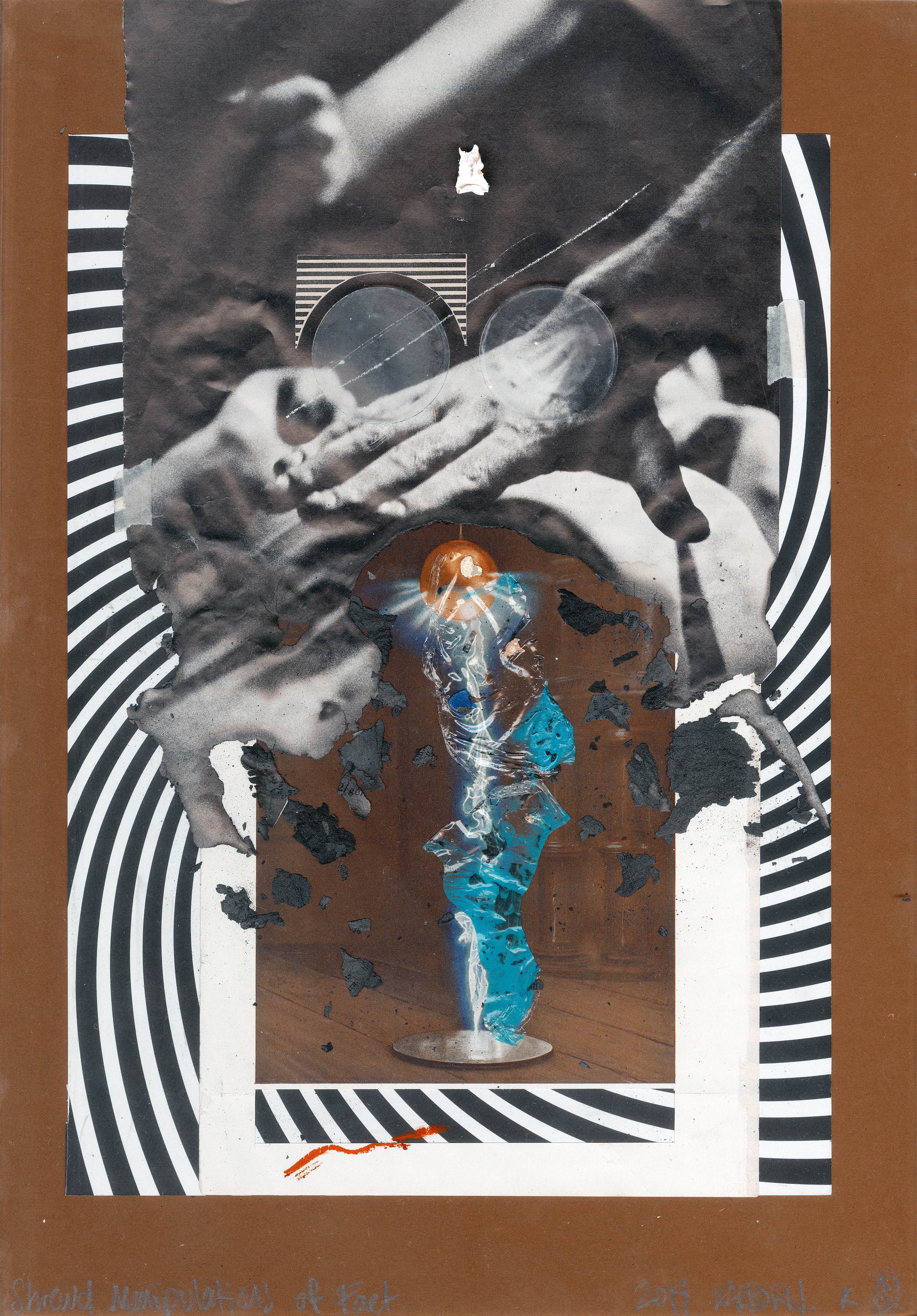NEW FEELINGS is a column devoted to the desires, moods, pathologies, and identifications that rarely had names before digital media. Read the other installments here.
Growing up, I enjoyed listening to the problems of others, midwifing their monologues of drama and pain. I like being talked at — the privacy, the lack of scrutiny, that this affords. Rarely does someone show less interest in you than when they’re seizing you as a confidante. In such conversations, you give something without sharing anything.
I am a lurker, in other words, one of the few labels that become gentler in the context of the internet, where lurkers are indulged. On Reddit, I scroll through subs like r/relationships, r/relationship-advice, and r/infidelity, reveling in their delicate configurations of intimacy and anonymity. On my favorite subreddit, r/AmItheAsshole, people post their ethical dilemmas and ask strangers like me to cast judgments on their handling of each situation. I enjoy learning about others’ problems, but I also enjoy the feeling that my parasitism is useful — maybe even desired.
The upvote, the comment-like ratio, or a verdict delivered by r/AmItheAsshole all represent the jury vote
The forums I visit are often grouped under the banner of “self-help,” but they serve a purpose beyond the traditional advice column concerned with telling people what to do. The relief in a platform like r/AmItheAsshole is more abstract, providing not just an audience for one’s problems, but also the promise that an emotionally nebulous conflict can be arbitrated. Amid the terror of break-ups, ghostings, and familial strife, these forums wield civility and order by identifying, in every scenario, clear rights and wrongs. The never-delivered promise is that each moral camp will eventually get its due, even if it’s not clear how. The point is the sense of a third-party mediator — a higher bureaucratic body — not the consequence of their deliberations.
In our relationships we make tacit agreements to be good, but there is rarely any outside recourse for when things go badly. r/AmItheAsshole acts as a literal complaints department, while Twitter and Facebook, in their constant invocations to share, reframe grievances as a matter of public interest. But all of these sites claim a suffusive authority by formally and aesthetically mimicking real litigation processes. A user submits their plaint in a box, and certain quantitative mechanisms — the upvote, the comment-like ratio, or, in the case of r/AmItheAsshole, a verdict delivered by the forum after 18 hours — represent the jury vote. Options for redress are collectively suggested. At the end, everyone earns the satisfaction of having “settled” a case.
This juridical approach to human relationships has an obvious corollary in the mistreated consumer describing their plight on social media. Observing parties can support and aid an individual as she lambasts an airline on Twitter or sinks a business’s Yelp ratings, roping corporations into submission through a collective and public condemnation. It seems natural, in this light, to also want to submit emotional gripes for inspection, given that the audience is there and already invested. The difference is that you can’t get a refund on a person, no matter how much of your time they wasted.
Even if we know it’s foolish, we argue as if bells will ding at each well-landed point
The desire for some adjudicating presence — call it a social oversight committee — seeps into the way we conduct ourselves, even if we know it’s foolish. In my relationships, I often argue as if an outsider is listening, as if bells will ding at each well-landed point. Years ago I made my own Reddit post, to ask if someone I cared about was, in their treatment of me, exhibiting behavior concomitant with borderline personality disorder. Back then I was not seeking medical clarity so much as an explanation that would pull my convoluted strife into a domain of shared understanding, where consensus about good social behavior might provide some scaffolding to hang onto. Reddit offered the illusion of taking action. In that time of abject powerlessness, making an account was the only thing I could do besides sending dozens of unanswered texts and finding a cool linoleum surface to lie face down on.
Though the judgments of a site like r/AmItheAsshole are non-binding and immaterial, they give structure to an otherwise ineffable set of feelings and experiences. They create the sense that one can return personal injury to an elevated realm of accountability, to the clear light of day. As knows anyone who’s confided in others after a messy break-up (romantic or otherwise), describing what has happened inevitably turns inchoate pain into something less accurate but more manageable, like taking a cookie cutter to Jell-O. The bastardization helps. When you render a situation more digestible to others, and less privately comprehensible to you, your own pain becomes a strange and distant thing. You narrativize in front of a person or on a website of faceless strangers, who, in reacting, will propose their own versions as well. In butting against external formal structures, personal pain loses its original meaning and dissolves into the commons.
